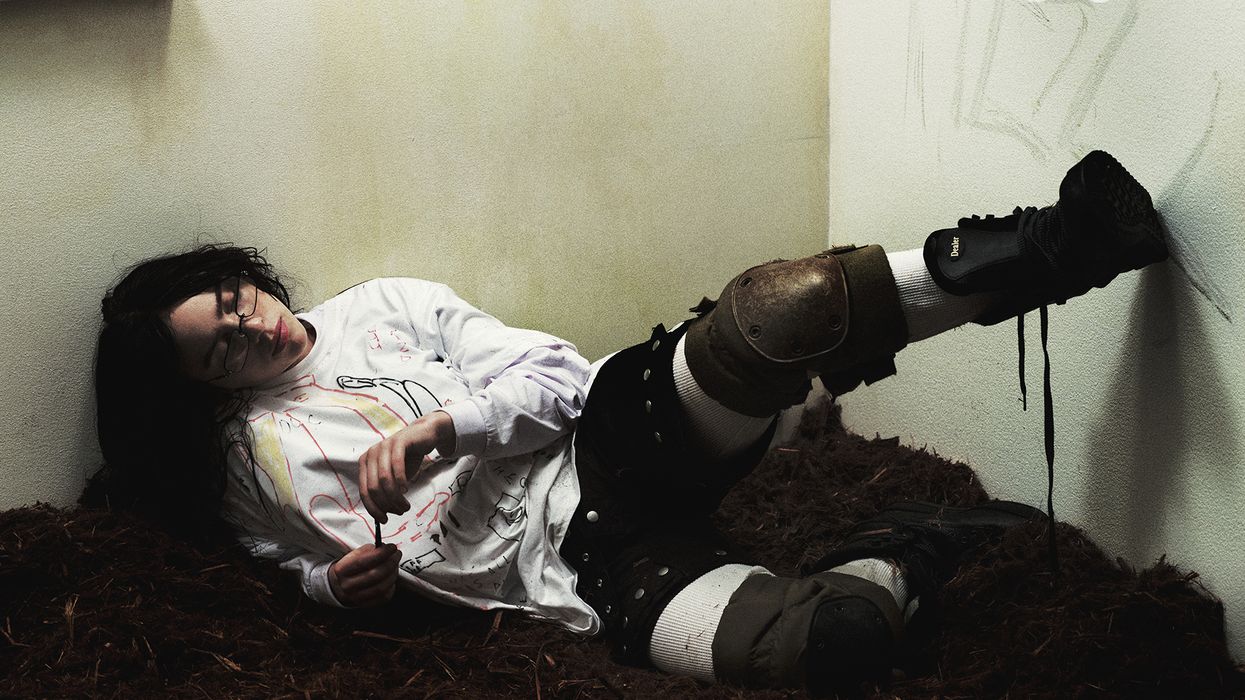The recent promotional run for It Ends With Us has centered around two distinct points: the flowery, bright marketing elements directly contrasting the gravity of the film’s narrative of abuse, and Blake Lively standing strongly beside her character, Lily Blossom Bloom, amid cast drama. In a recent interview with BBC News, the actress married these two elements in defense of the film.
Sharing the red-carpet clip to her Instagram Story, Lively wrote: “Thank you to everyone who came to show that people WANT to see films about women, and the multitudes we hold. ‘It Ends With Us‘ is a story of the female experience.”
“The movie covers domestic violence, but what’s important about this film is that she is not just a survivor, and she’s not just a victim,” she said in the clip. “And while those are huge things to be, they’re not her identity. She’s not defined by something that someone else did to her or an event that happened to her, even if it’s multiple events.”
The remainder of Lively’s Instagram Story post defends It Ends With Us as a complex reflection of womanhood. “It Ends With Us is a story of the female experience. All the highest highs, and lowest lows. And we are so proud of it,” she wrote. “We have been in celebration of this film and of getting a message so important out there to the masses.”
About an hour after sharing the interview on her Story, the actress followed it up with contact information for the National Domestic Violence Hotline. “1 in 4 women aged 18 and older in the U.S. alone have been the victim of severe physical violence by an intimate partner in their lifetime,” the post read. “Intimate partner violence affects all genders, including more than 12 million people every year in the United States. Everyone deserves relationships free from domestic violence.”
It’s this messaging that many felt was missing from the marketing and promotion of It Ends With Us, which was adapted to film from Colleen Hoover’s bestselling book of the same name.
In an analysis of the film’s grappling with domestic violence, Rolling Stone‘s CT Jones wrote: “What has been glaringly obvious about the promotion cycle is that the studio is prioritizing selling tickets for a love story by ignoring the message of domestic-violence awareness at its core.”
Jones called the film’s marketing campaign a “paint job” and said that the “dark themes of the book have been glossed over in favor of fan-friendly pop-ups and activations, like photo calls, virtual commemorative bouquets, and scavenger hunts in New York and L.A.”
















